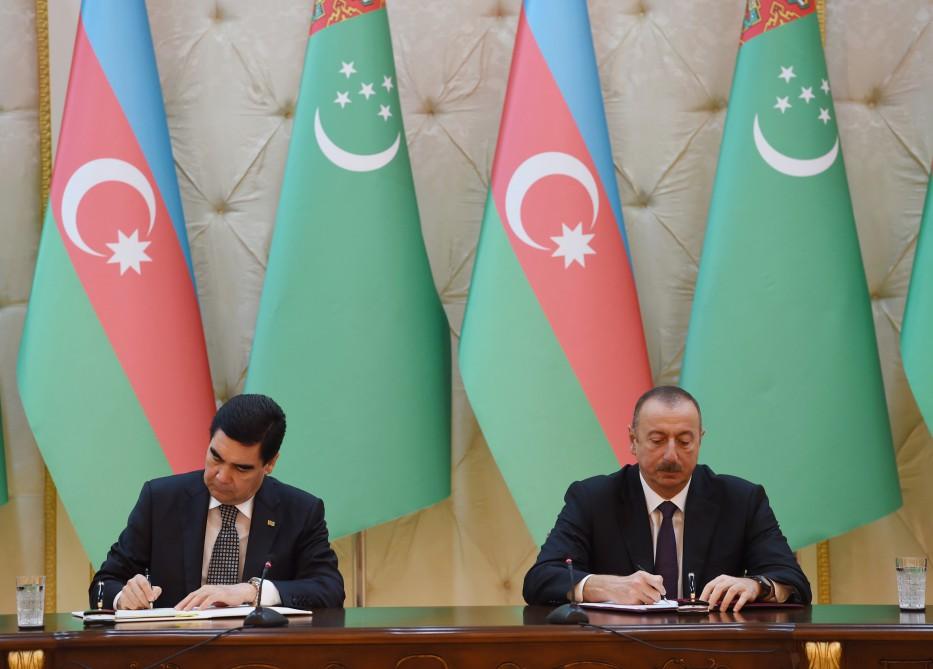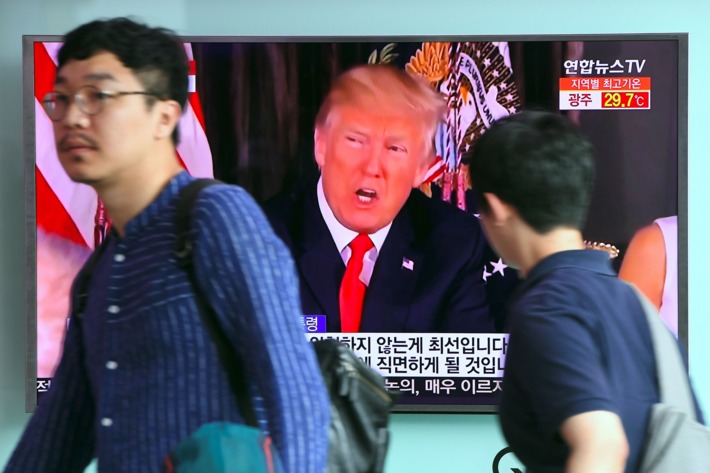Washington Post, August 10, 2017
By Sudarsan Raghavan
Last week, a U.S. appeals court threw out the murder conviction of a former Blackwater Worldwide security guard for his role in the deaths of 14 unarmed Iraqis in a Baghdad traffic circle nearly 10 years ago.
I was reporting in Baghdad that day — Sept. 16, 2007 — when the contractors opened fire. Most of the victims were in their vehicles at Nisoor Square, a busy, heavily guarded roundabout at the time.
Inside a white car was Mehasin Muhsin Kadhum, a 46-year-old doctor, and her 20-year-old son, Ahmed, who was driving. They were wrapping up errands that included picking up college applications for Kadhum’s daughter.
By then the Blackwater convoy had entered the circle, and Iraqi officers were trying to stop vehicles as Ahmed approached. A Blackwater guard fired, killing Ahmed. One traffic officer, Sarhan Thiab, told me:
“The bullet went through the windshield and split his head open. His mother was holding him, screaming for help.”
Within seconds, the guards intensified their assault using machine guns and grenades, killing Kadhum as well. When the shooting ended, 17 Iraqis lay injured in addition to the 14 killed. The victims included children, college students and professionals.
The killings triggered outrage and calls for accountability and justice. It was one of the darkest moments of the Iraq War, damaging America’s reputation and its relationship with the Iraqi government.
When Washington refused to allow the contractors to be tried in Iraq, the incident became a symbol of unaccountable American power and forced a reassessment of the reliance on private security contractors in war zones.
Initially, the guards gave sworn statements to State Department investigators that they had fired on the white car because it was coming at them at a high speed and didn’t stop. But many witnesses told me they were moving slowly in a nonthreatening manner.
Subsequently, U.S. military investigators would conclude that the Blackwater guards opened fire without provocation and used excessive force. In 2014, a federal jury found four guards guilty of killing the unarmed civilians.
But last week’s reversal of the first-degree murder conviction of Nicholas Slatten, the former guard, is a major setback for the victims and families. He was sentenced to life in prison.
The appeals courts also ordered resentencings for the three other former guards convicted of voluntary manslaughter and use of a machine gun in a violent crime. They received 30-year prison sentences.
An Iraqi official at the embassy in Washington told my colleague Spencer Hsu that the killings are “still raw after all these years” and were an “egregious atrocity that these people committed.”
Ironically, it was a discrepancy over who fired the first shots at the white car that led to the throwing out of the murder conviction. Prosecutors argued that Slatten had fired the first shots, but another co-defendant said that he fired first.
The white car, I remember, sat a bus stop on the edge of Nisoor Square for weeks after the killings. It was charred and shattered by the firepower.
Haitham Ahmed, who lost his wife and eldest son, wanted the car to remain visible as a reminder of the carnage. He told me that he wanted it left there until justice was served.
He, too, was a doctor. The family had plenty of opportunities to leave the country, but he said that he and his wife believed in the promise of a new Iraq. He felt pain, he said, when he saw doctors fleeing Iraq. His son, who was in the third year of medical school, was planning to become a surgeon like his parents.
“What I want is the law to prevail,” Haitham Ahmed said. “I hope that this act will not go without punishment.”
No comments yet.
-
 AZERBAIJAN, TURKMENISTAN SIGN DOCUMENTS
The Caucasus and Turkish-Armenian Relations
10.08.2017
AZERBAIJAN, TURKMENISTAN SIGN DOCUMENTS
The Caucasus and Turkish-Armenian Relations
10.08.2017
- RUSSIA EYES RAPID MIDDLE EAST ENERGY EXPANSION Asia - Pacific 10.08.2017
- IMF EXECUTIVE BOARD CONCLUDES 2017 ARTICLE IV CONSULTATION WITH IRAQ Iraq 10.08.2017
- SAUDI ENERGY MINISTER SAYS DISCUSSED STABILIZING OIL MARKET WITH IRAQ Iraq 10.08.2017
-
 DON’T COUNT ON CHINA OR RUSSIA TO RESOLVE THE NORTH KOREA CRISIS
Asia - Pacific
10.08.2017
DON’T COUNT ON CHINA OR RUSSIA TO RESOLVE THE NORTH KOREA CRISIS
Asia - Pacific
10.08.2017
-
25.01.2016
THE ARMENIAN QUESTION - BASIC KNOWLEDGE AND DOCUMENTATION -
12.06.2024
THE TRUTH WILL OUT -
27.03.2023
RADİKAL ERMENİ UNSURLARCA GERÇEKLEŞTİRİLEN MEZALİMLER VE VANDALİZM -
17.03.2023
PATRIOTISM PERVERTED -
23.02.2023
MEN ARE LIKE THAT -
03.02.2023
BAKÜ-TİFLİS-CEYHAN BORU HATTININ YAŞANAN TARİHİ -
16.12.2022
INTERNATIONAL SCHOLARS ON THE EVENTS OF 1915 -
07.12.2022
FAKE PHOTOS AND THE ARMENIAN PROPAGANDA -
07.12.2022
ERMENİ PROPAGANDASI VE SAHTE RESİMLER -
01.01.2022
A Letter From Japan - Strategically Mum: The Silence of the Armenians -
01.01.2022
Japonya'dan Bir Mektup - Stratejik Suskunluk: Ermenilerin Sessizliği -
03.06.2020
Anastas Mikoyan: Confessions of an Armenian Bolshevik -
08.04.2020
Sovyet Sonrası Ukrayna’da Devlet, Toplum ve Siyaset - Değişen Dinamikler, Dönüşen Kimlikler -
12.06.2018
Ermeni Sorunuyla İlgili İngiliz Belgeleri (1912-1923) - British Documents on Armenian Question (1912-1923) -
02.12.2016
Turkish-Russian Academics: A Historical Study on the Caucasus -
01.07.2016
Gürcistan'daki Müslüman Topluluklar: Azınlık Hakları, Kimlik, Siyaset -
10.03.2016
Armenian Diaspora: Diaspora, State and the Imagination of the Republic of Armenia -
24.01.2016
ERMENİ SORUNU - TEMEL BİLGİ VE BELGELER (2. BASKI)
-
AVİM Conference Hall 24.01.2023
CONFERENCE TITLED “HUNGARY’S PERSPECTIVES ON THE TURKIC WORLD"









